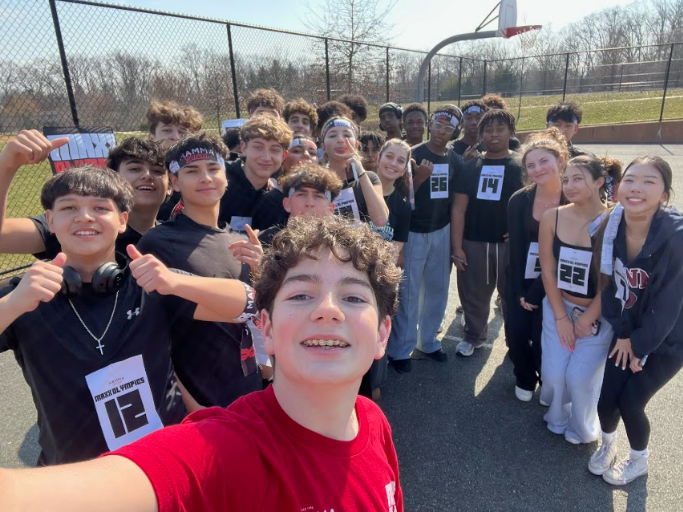In an effort to stop texting while driving, the Maryland Senate passed Jake’s Law March 20. The law is named after five-year-old Jake Owen, who was sitting in the backseat of his mother’s car when they were rear-ended; Jake was killed. The other driver, 23-year-old Devin McKeiver, was using his cell phone and never even hit his brakes. After being taken to court, McKeiver was fined $1000.
“It is important to pass this bill so tragedies such as that which struck Jake and his family are less likely to happen,” Maryland Delegate Luke Clippinger said.
The new law aims to increase the penalty for cell phones while driving. Punishments can range from heavy fines to jail time. To make it easier for police to investigate, drivers involved in fatal crashes will be required to provide cell phone information to the police.
People opposed to the law believe that allowing the police to check cell phones is a major invasion of privacy and a violation of the fourth amendment.
“I disagree that handing over the phone is the solution,” sophomore Dishawn Thiran said. “That will not solve anything because the person is still dead, and the car is still totaled.”
However, according to Owen’s mother Susan Yum, who is quoted in a March 2014 Washington Post article, texting while driving “is the new drunk driving” and violators of the law should be treated in a similar fashion. Therefore, checking cell phone records, similar to blood testing suspected drunk drivers, should be legal.
“Texting and driving is distracting and can cause injury or death,” junior Kyle Zonghetti said. “As a driver, I would not want to be on the road with someone who texts and drives.”
Students in favor of the law think that the only way to stop their friends from continuing to text and drive is with Jake’s Law and its full enforcement.
A major criticism of the law is that it is more reactive rather than proactive. Although violators of the law will be punished, the law may not necessarily prevent accidents from occurring.
According to Thiran, a more effective solution to the issue would involve car manufacturers and phone companies working together to prohibit drivers from using their phones by disabling them while the car is in motion.
Other students believe that the punishments are too extreme and do not fit the crime.
“Although it is a good law because it can prevent a lot of careless driving and accidents from occurring, the punishment seems too harsh,” junior Kyle Solomon said.







